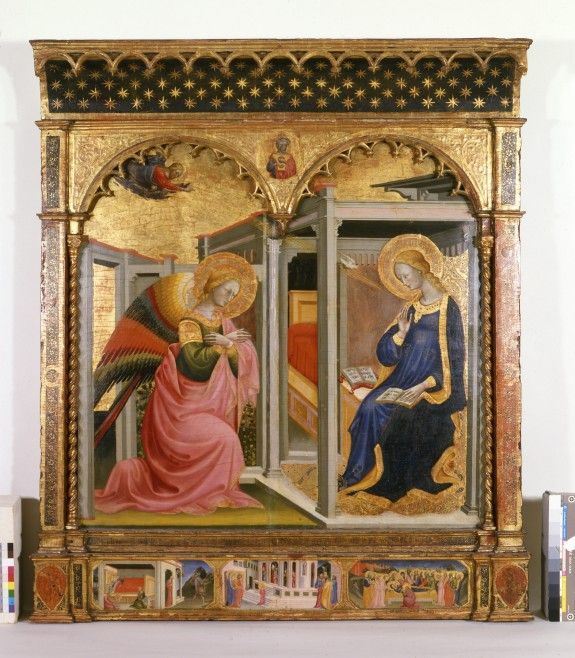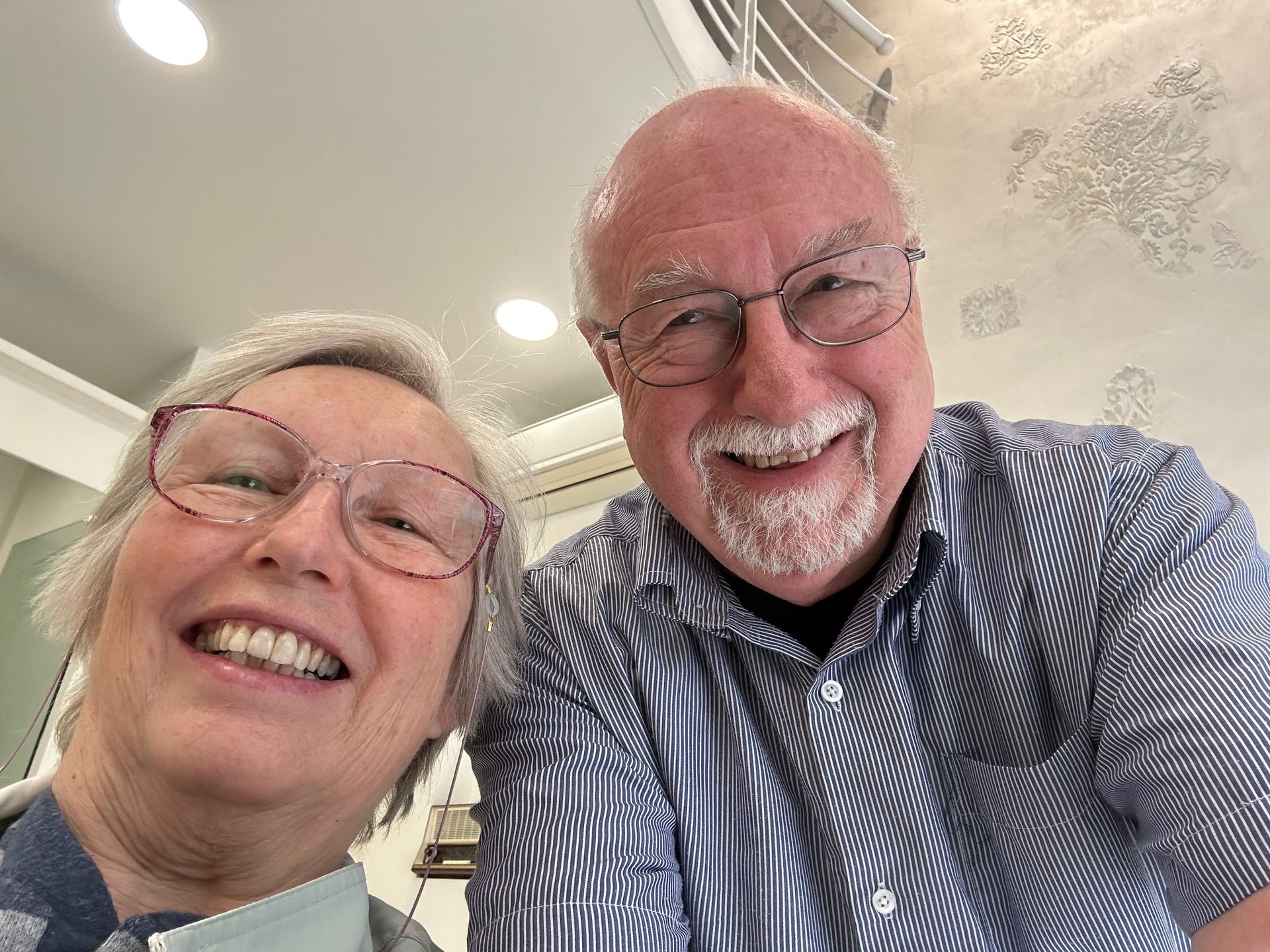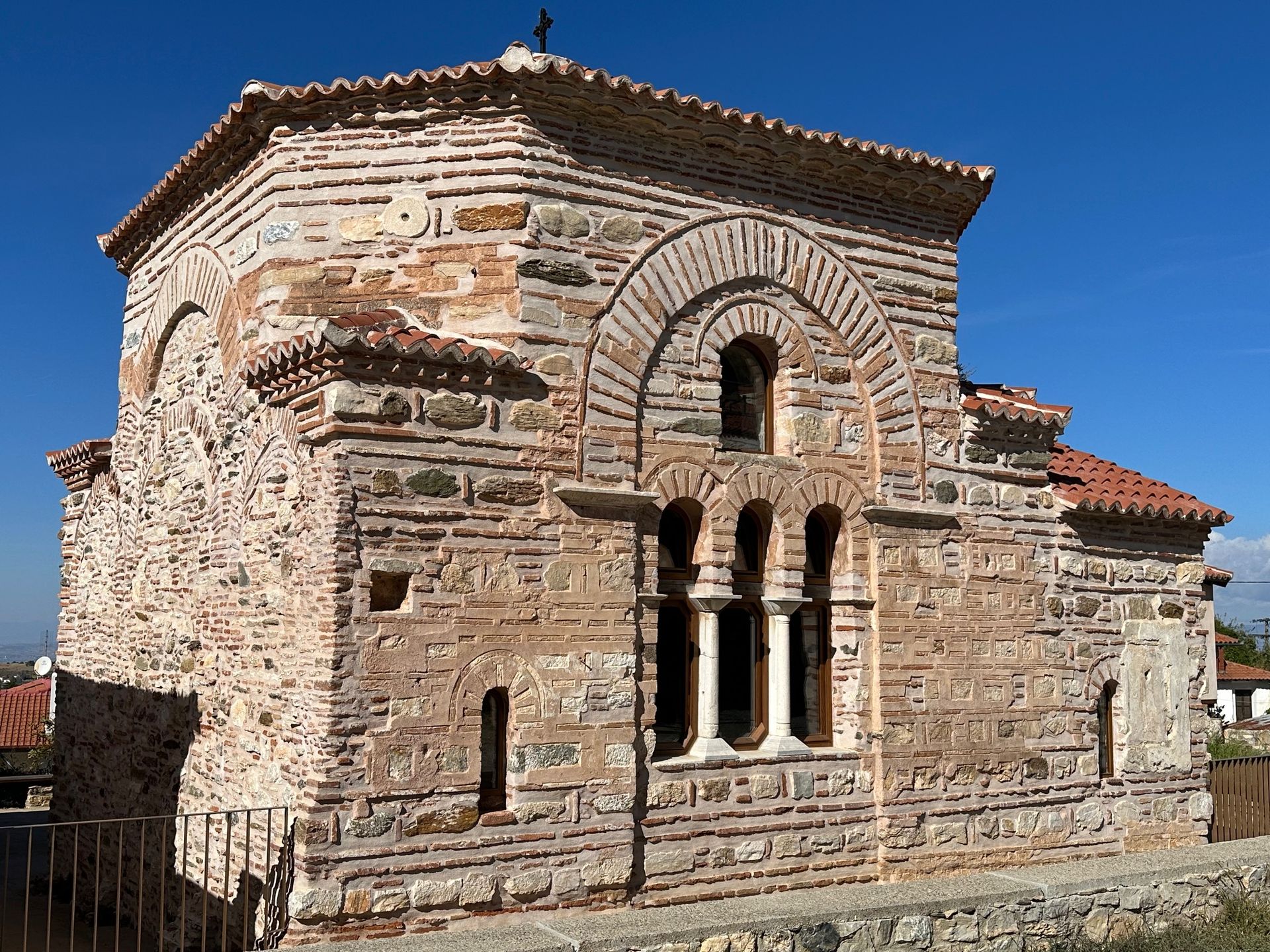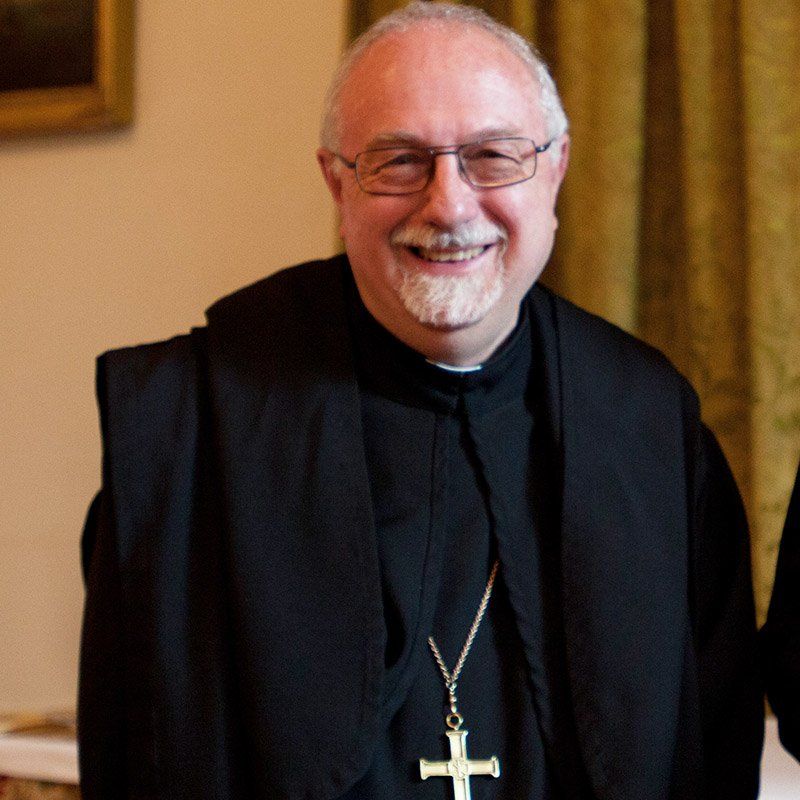Homily for Sunday, 22nd March 2020
Not everyone finds St John’s Gospel to be an easy read, and I think one of the reasons is that so often in the lengthy conversations it records – like that of the Woman at the Well last week, or the story of the Man Born Blind this week – the people don’t seem to speak to each other, but across each other, or about each other. Sometimes Jesus seems to want to speak at a higher, metaphorical level, to lead us deeper, but his interlocutor is thinking of something very concrete, like the need of a bucket to draw water. Just as today – a story is told about physical blindness, but it addresses the issue of spiritual blindness.
To look more closely at today’s Gospel I suggest we follow the theme not of sight but of speech. It is interesting to zoom out from the narrative and just notice the dialogue of the people as they relate to each other. Or rather, as they fail to relate: as they talk at cross-purposes, or don’t talk to each other at all.
If you read it carefully you will notice how they fail to treat the Blind Man as a human being. He is, it seems, an outsider, a beggar, somehow defective and not worth listening to. They want to leave him that way, but only as Jesus draws him into his circle do things change. Everyone talks about him and no-one talks to him. The situation brings to mind that provocative title of the former radio programme ‘Does he take sugar?’ That phrase is a reminder that people sometimes find it hard to relate directly to people who they see as 'different', even when they want to be considerate, kind and helpful. We find it here in the way people treat the blind man, from the disciples unwitting neglect to the Pharisees calculated ill-will.
At the beginning of the story the disciples talk about him but they do not speak to him. Then when he is cured the neighbours talk about him but they say nothing to him until he speaks out and says “I am the man.” Then he is taken to the Pharisees and again they begin by talking about him rather than to him. The Pharisees summon his parents, but they refuse to talk about him. They say he is of age, he will speak for himself. And he does so even more strongly culminating in his confession of faith: “Lord, I believe.” (It is beautiful to read this story in Lent with the Catechumens who will be led to the waters of Easter Baptism, as the man is sent to the Pool of Siloam)
Jesus saw the Blind Man as he was: a human being, not an object. This is the story of a man finding his own voice. He ceases to be the object of conversation and becomes a subject. And more than that: by the end of the story he is able to say, not ‘I’ but ‘we’. He was made to belong. God’s creation is ultimately not of individuals but of a society, a community, a people. He was able to identify himself with others and belong. Isn’t that one of the most important things the Church or society can offer: belonging? At Easter the Catechumen is incorporated into the living, breathing community of Christ’s body.
But we have a problem. Apart from my brethren and our organist I am speaking to an empty church. Many Parish Priests will be celebrating Mass this morning, and find that they have only themselves to address.
There is a Greek word occurs in today’s Gospel that we do not find in any other Gospel or indeed in the whole of early Christian literature. The word is aposynagōgos (John 9:22). It means “expelled from the synagogue.” The word “synagogue” is itself Greek for “gathering” or “community,” similar to our world “church.” No-one has been expelled from this Church, but the effect is something similar. The people, particularly our elderly, have been sent into isolation, the reverse of what is meant to happen.
The Man Born Blind didn’t need the corona virus to experience social distancing. We have a challenge as a Christian community of waking up to this new reality where people find themselves isolated and socially-distanced. How do we hold people together?
Today is Mothering Sunday, when millions of people should be seeing their mothers, kissing them embracing them, and millions of mothers should be rejoicing in the sight of their children. But it cannot be, because death is at the door and to love means we must show restraint.
But we have to be creative, and encourage our Catholic communities to find other means to enkindle that sense of belonging. Humans need social congress. Thank goodness for the telephone and the internet that can be a way of keeping in touch and reminding people of our love and support. We need to find ways of connecting with each other without infecting each other.
We see today that Jesus spoke directly to the man, while others talked about him. We can be reminded from him to speak directly to people in their isolation.
Perhaps ‘social-distancing’ misleading. We are forced to have physical distancing, but we cannot leave each other socially and spiritually isolated. The way of Jesus is to bring people from isolation into community. In this crisis we have to think of new and creative ways.










